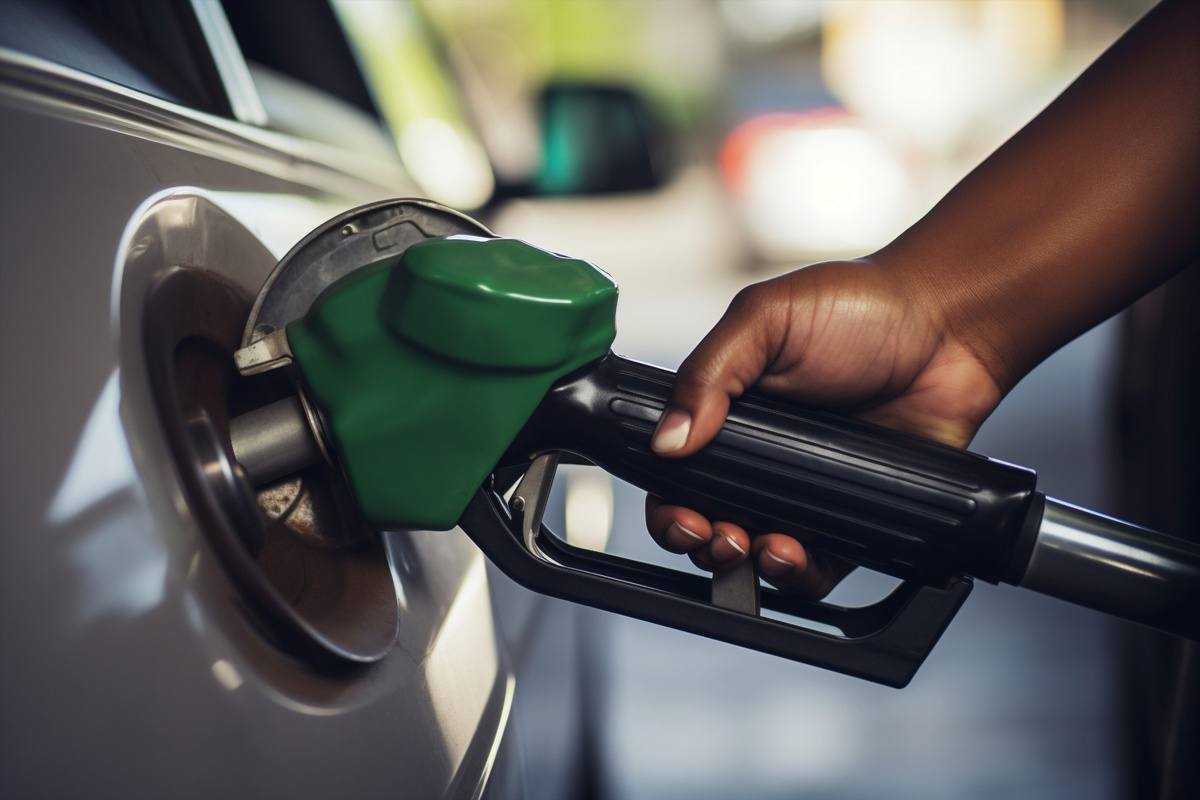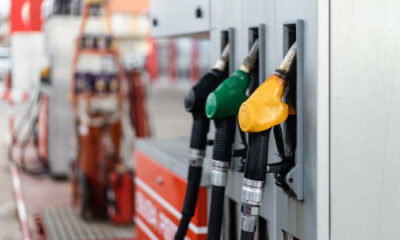News
Fuel Prices Shift in June: Why South Africans May Still Catch a Break

If you’re a South African motorist, you’ve probably come to expect a bit of a seesaw every time a new fuel price announcement looms. June 2025 is no exception. There’s news of a tax hike on the cards — the first in three years — and while that alone is enough to send anyone’s blood pressure rising, there’s a silver lining in sight: a stronger rand is coming to the rescue.
Let’s unpack what’s happening with fuel this month, what’s causing the change, and why the courts might still have a say in what you’ll pay at the pump.
A Tax Hike, But With a Twist
At the heart of the matter is the General Fuel Levy (GFL), which Finance Minister Enoch Godongwana announced would be increasing this year — by 16 cents per litre for petrol and 15 cents for diesel. This is part of a broader set of cost-cutting and revenue-generating moves made during his Budget Speech in May, following the government’s decision to shelve a planned VAT hike after public and political backlash.
That means the total tax on petrol now rises to a staggering R6.37 per litre, including R2.18 earmarked for the Road Accident Fund. It’s a hefty amount, and one that’s drawing criticism from across the political spectrum.
Enter the EFF: A Last-Minute Legal Push
Adding to the drama is the Economic Freedom Fighters (EFF), who have filed an urgent court application in the Western Cape High Court to suspend the fuel levy increase altogether. That hearing is scheduled for Tuesday afternoon — just a day before the new prices take effect on Wednesday, June 4.
If successful, the EFF’s legal challenge could delay or halt the tax hike, offering a more significant reprieve for drivers already stretched thin by the cost of living.
So, What Will You Actually Pay?
According to the latest data from the Central Energy Fund, unaudited figures suggest that fuel prices could drop slightly this month — even with the tax increase in place.
-
Petrol: The numbers were pointing to a decrease of about 20 cents per litre. But once the 16 cent levy increase is factored in, motorists can expect a modest drop of roughly 4 cents per litre.
For context:
-
93 Unleaded currently costs R21.29/litre in Gauteng.
-
95 ULP is R21.40 inland and R20.60 at the coast.
-
-
Diesel: The story here is a bit more optimistic. A potential 51 cent decrease was on the cards thanks to market movements, but with the 15 cent levy increase, diesel will still come down by about 36 cents.
The Rand’s Role: Quiet Hero of the Month
Ironically, the one thing that’s keeping this month’s fuel situation from being a total blowout isn’t policy — it’s currency. The rand has gained strength over the past few weeks, and that’s helped balance out international oil prices, which have remained slightly weaker but not drastically so.
That means South Africa is benefiting from what industry experts call an “over-recovery,” where the local cost of fuel (based on international benchmarks and currency exchange rates) is lower than what consumers are currently paying. It’s a rare moment of breathing room — and one that might not last.
A Delicate Balancing Act Ahead
While this month brings some mild relief, there’s no getting around the bigger picture: fuel in South Africa is heavily taxed, and that means small shifts in global oil prices or the exchange rate can make a big difference locally.
Looking ahead, if oil prices start to rise again — as they often do in the second half of the year — South Africans could feel the weight of the levy increase more sharply.
And for those who rely on diesel for transport, agriculture, or logistics, this can ripple out into food prices and transport costs. The stakes are high — not just for commuters, but for the economy at large.
Keep an Eye on the Courts and the Currency
This month, your fuel bill won’t spike as much as you might’ve feared. But it’s also a reminder of how intertwined global economics, local politics, and daily life really are.
So what should you do?
Stay informed. Watch the outcome of the EFF’s court case.
Drive smarter. If you’re due for a fill-up, don’t delay too long — the rand might be strong now, but markets change quickly.
Push for accountability. If you feel the fuel levy is hitting you too hard, let your voice be heard. Public pressure has already changed policy once this year.
The road ahead is uncertain, but knowledge gives you the edge.
{Source: MSN}
Follow Joburg ETC on Facebook, Twitter , TikTok and Instagram
For more News in Johannesburg, visit joburgetc.com


























